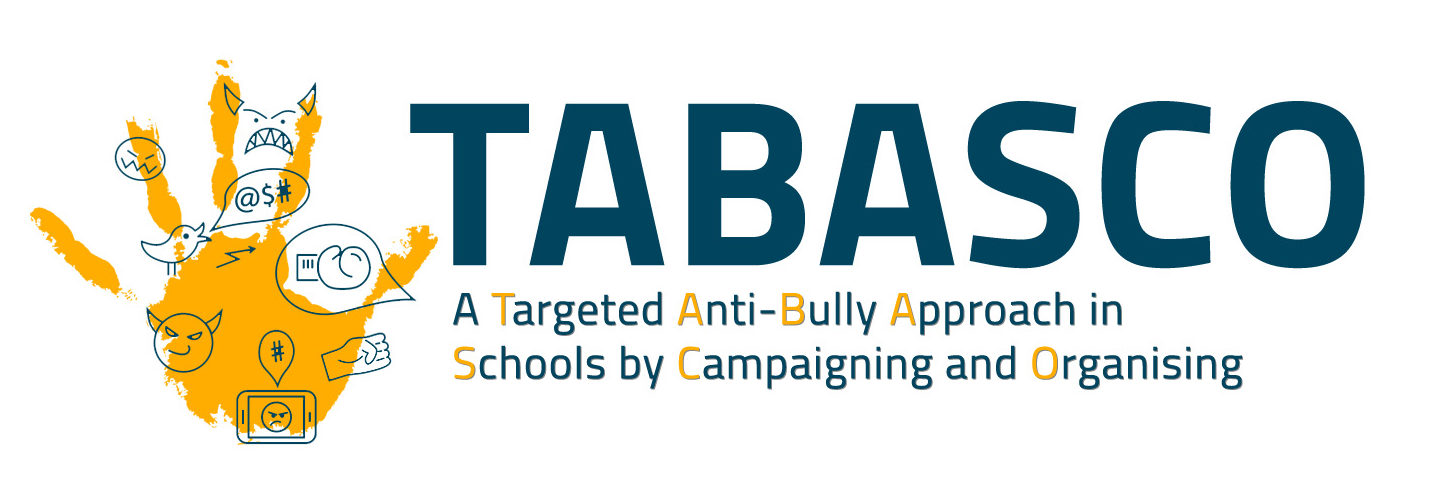Internet is important in the daily life of children and adults. It evolves daily, giving access to important information, social media and services. The impact of the Internet on social and cultural activities is increasing by the day. Some experts state that “there is no separation between real and virtual life”.
Many users of social media have the feeling of being in a personal and familiar space. More than in real life, one will readily share private information, ignoring any issues. For example: on Facebook tags can link someone to an activity or person, without this “someone” knowing or approving of being tagged. The personal integrity of users is at risk on social media: there is no protection against harmful content or behaviour.
Youngsters using online platforms face numerous risks they are not even aware of: platforms offer no privacy-friendly default settings, no protection against cyberbullying and other forms of harassment, users risk to be confronted with pornography and discriminatory language, stereotypes of ethnic minorities, stalking and other forms of cybercrime. All these forms of harassment CAN harm users, especially youngsters. A related issue is the lack of transparency why personal data are processed and where they go. Most kids are not aware of this data processing.
As life and teaching moves to the online world, so does personal integrity. This issue is even more prominent during the COVID-19 pandemic, when online education replaces classroom teaching and youngsters spend their learning time online, increasing the risk of encountering cyber-bullying. With the adoption of the Universal Declaration of Human Rights, the rights and freedoms of individuals were clearly stated. As people massively turn to the Internet, the rights of the individual should be respected online and offline. The challenge is to guarantee the safety of kids and to promote fairness in interactions online.
Preparing the TABASCO proposal, the partners conducted a brief but valuable analysis of the situation in their countries and the findings confirm the importance of this project. Some statistics from this research:
- Almost all teen users of social networks use their real name and almost all youngsters share pictures of themselves. Some share their mobile number, many share videos of themselves.
- Most young people witnessed unpleasant behaviour frequently and 55% perceived some form of interference with their privacy on social media.
- Some 29% were contacted by people they don’t know, while 24% saw private, embarrassing information made public without their permission.
Our preliminary research revealed that most young people (but also parents and teachers) are aware that the use of social media can cause risks, however many lack understanding of the nature of these risks: how is privacy undermined and could this have legal consequences?
For these reasons the project aims to:
- inform and train kids (age 9-19), teachers, parents on how to use the internet responsibly and how interactions online can be safe and fair;
- provide practical tools for teaching conscious and cautious use of social media, to prevent the risks of privacy breaches, empowering youngsters to fight cyberbullying, stalking and other forms of online harassment;
- prepare youngsters to use the internet responsibly by pointing at the necessary balance between freedom of expression and respecting one another:
- increase the understanding of youngsters how privacy violation online happens, how their privacy and their virtual identity can be protected, and (legal) consequences of violations;
- promote a youth movement of kids sharing experiences, inform each other, tell stories, raise awareness and report any inappropriate and unlawful behaviour or content to anti-bullying platforms, some of which already exist.
The most important aim is upscaling the project to a Tabasco Campaign, focusing on the local communities where the kids go to school. Involvement of the youngsters will increase the impact of other Intellectual Outputs. The Campaign will be a youth movement: kids will think and decide about actions, supported by teachers and parents. Actions include: planning and organising events, writing and designing information materials, sharing experiences in school meetings, to which they will invite peers from other schools and local sports clubs. When youngsters run the Campaign, the process will result in empowerment and strong learning achievements. This will be a pillar in the dissemination process: kids use channels and communicate in ways that adults hardly know or understand.
In TABASCO the transnational aspect has added value: the project will use experiences and best practices in partner countries. The project will address a large number of students and teachers. The Intellectual Outputs and the addressed problem is by nature transnational: internet has no state borders. This calls for a joint approach of partners in various EU coun
